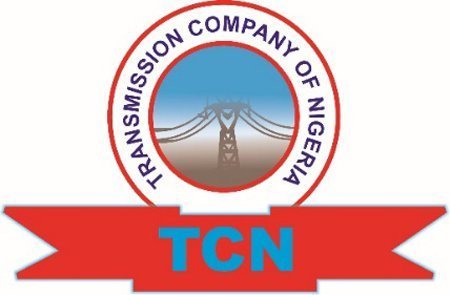The Nigerian Electricity Regulatory Commission (NERC) said the electricity distribution companies (Discos) have been given the authority to disconnect supply to consumers who fail to pay up their bills after cutting tariff.
The Chairman of NERC, Sam Amadi, stated this in Abuja while announcing the review of electricity tariffs in the country, adding that the distribution companies would henceforth be responsible for the recovery of debts from customers who fail to pay their bills.
He explained that in the days ahead the Commission would commence strategic meetings with key government agencies, particularly security establishments like the military, Defence and other sensitive institutions, like hospitals and water works, to notify them of the new arrangement on bills payment.
“We want to create a process that would not compromise strategic national interest, and at the same time not leave the distribution companies with an empty purse. That is to allow them work out an arrangement that would enable them know when and how the companies would collect their monies.
If the power distribution companies failed in their responsibility to collect their revenue from consumers, the result of such failure should not be a penalty to those who pay their bills,” Amadi said.
According to him, the government would not want to penalize those who have been paying their bills, adding that it was now the responsibility of the distribution companies to collect their debts, while collection losses would not be allowed to be transferred automatically to electricity consumers.
The commission, he said have now set at zero such losses for all distribution companies till further notice, while the Discos will now have the responsibility to convince the Commission about exceptional circumstances that would warrant the transfer of such losses to consumers.
“The Commission and Bureau of Public Enterprises (BPE) are working together to advocate for series of fiscal policies that would foster easier access to investible capital so that the new owners of the power assets can increase capacity and enhance reliability of the national grid,” he said.
He reaffirmed the decision to review the tariff for all categories of electricity consumers by 50 per cent with effect from the end of March, which is fallout of the decision to remove collection losses from customer tariff under the multi-year tariff order (MYTO).
Amadi said that following the approval of the multi-year tariff order, MYTO 2.1 in January 1, 2015, the Commission received several complaints and petitions against the decision, which resulted in astronomical increases in tariff across the different consumer categories.
He noted specifically the petition by industrial and commercial consumers under the aegis of the Manufacturers Association of Nigeria (MAN) citing the negative impact of their tariffs increases, threat to their businesses, leading to massive job losses and demanding for the drastic reduction of their tariffs.
The Commission, he said conducted public hearings to gather evidence from all consumer classes on the affordability of the new tariff following the review of the petitions, while due consultation with the chief executive officers of the Discos was held before deciding to intervene by reviewing the tariffs.
The Commission also decided to review the technical and financial assumptions of multi-year tariff order 2.1, adding that a new order which amends MYTO 2.1 has since March 9, 2015 been issued which has reduced the tariffs payable by all classes of consumers by at least 50 per cent.
The NERC boss said the review comes as part of the commencement of the Transitional Electricity Market (TEM) in line with the provisions of the Electricity Power Sector Reform Act 2005 and the Business Rules of the Commission’s mandate.
Investigations by NERC from the various reviews showed that the major underlining cause of the spiraling consumer tariffs stem from the huge aggregate technical commercial and collection losses.
Some distribution companies have complained that the collection losses, which are passed to consumers, raised the final tariffs by as much as an average of 80 and 103 per cent.
“The Commission has been listening to consumers’ complaints and taking full account of the impact of the high tariff on consumers and the Nigerian economy.
“Therefore, the Commission has reviewed the basis of the MYTO 2.1 assumptions and has determined that it is inappropriate to transfer to consumers collection losses that are controllable by the DISCOs (distribution companies),” he added.
An analysis of the reviews from NERC showed that total loss (technical commercial and collection) for Abuja, which was formerly 58.7 per cent, would drop to 34.9 per cent, and Enugu, from 80.5 per cent to 24.8 per cent.
In Jos, the total aggregate losses of 103.5 per cent would drop to 34.2 per cent; Port Harcourt, from 67.6 percent to 30.6 per cent; EKO, from 22.4 per cent to 13.8 per cent, and Ikeja, from 28.9 per cent to 13.2 per cent
Again, Kaduna, which used to be 40.8 per cent has now dropped to 21.3 per cent; Kano, from 47.7 per cent to 14.3 per cent; Ibadan, from 48.8 per cent to 14.9 per cent; Benin, from 60.6 per cent to 23.3 per cent.







Leave a Comment
You must be logged in to post a comment.